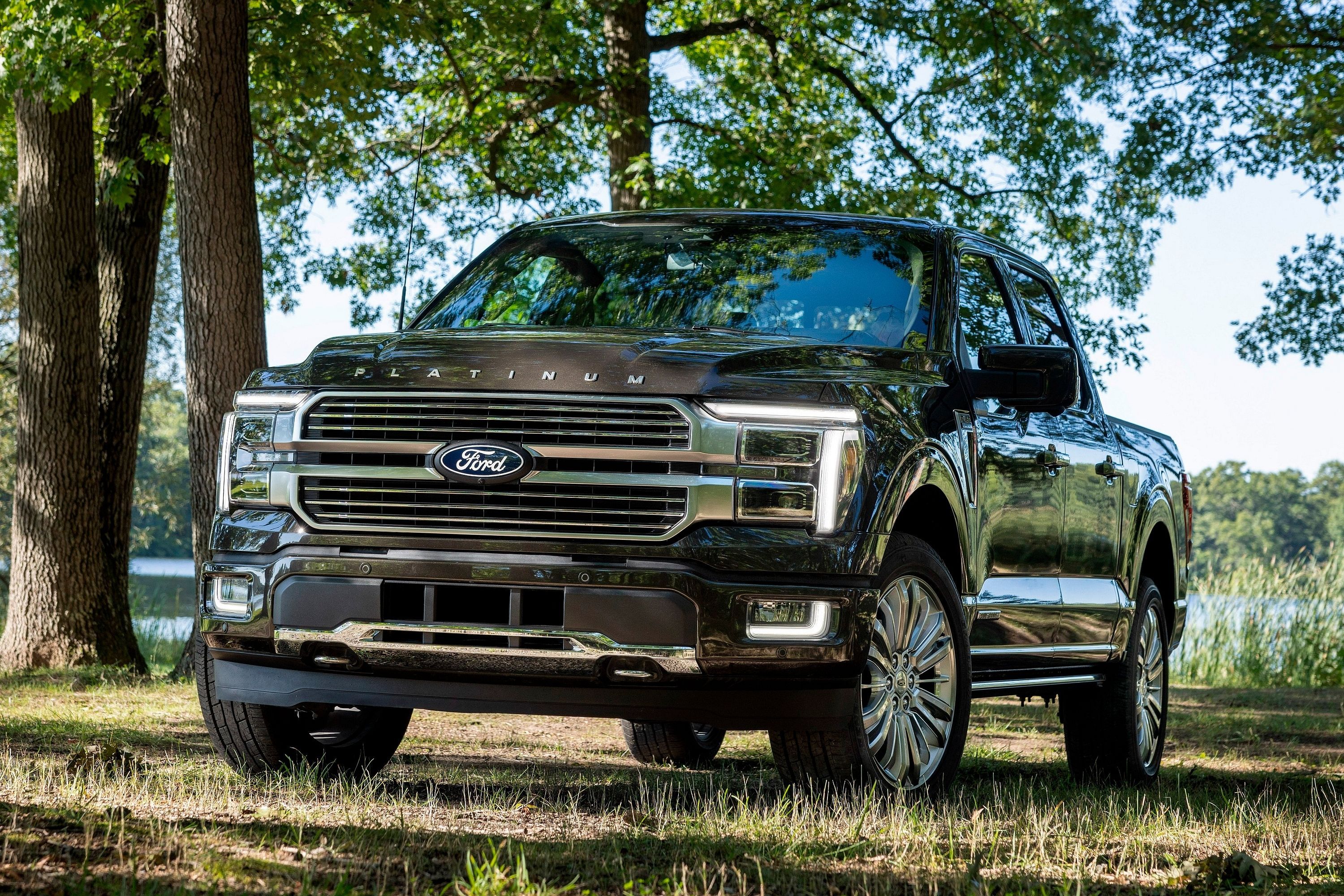
Numbers don't lie. US new vehicle buyers want trucks and SUVs, plain and simple. Sales of passenger cars, like the Toyota Camry and Honda Accord, continue to drop in America and the latest data proves it. JD Power released earlier this past week its latest data sales forecast which clearly indicates sedans could be in trouble. According to the report, 80.1 percent of all new vehicles sold this month will be trucks or SUVs. In other words, barely 20 percent of sales are for passenger cars.
It's no wonder major automakers like Chevy and Ford are launching fully electric pickup trucks instead of BEV passenger cars. Americans want utility right now and it doesn't appear this trend will be slowing down any time soon. Quite the opposite. Demand for trucks like the Ford F-150 and Chevy Silverado 1500 remains higher than ever.
Automakers have prioritized production of trucks and SUVs over passenger cars during the ongoing semiconductor chip shortage to keep dealership lots stocked. Still, inventories, in general, continue to be low nationwide as demand for new vehicles continues to grow. The forecast states retail sales of new vehicles this month are expected to hit 828,900 units, a decrease of 8.3 percent compared to January 2021. That's due to the supply shortage.
And yet consumers are spending more on new cars than ever despite the fact there are fewer buyers. It's certainly an unusual situation as these buyers are projected to spend $38.2 billion on new vehicles - an increase of $4.4 billion from last January. The average transaction price in January reached $44,905, which was only slightly down from December 2021's all-time monthly high of $45,283.
Despite the supply and demand issue, something else is causing new vehicle prices to increase: dealership markups. What's more, automakers are continuing to slash incentives because, quite simply, they don't need them right now. The data shows the average manufacturer incentive spent per vehicle will be around $1,319, a drop from $2,163 last year.
Okay, so what's the main takeaway here? Simple: it's not a good time to buy a new vehicle if you're seeking a sweet deal. Those who can afford and/or are willing to pay sticker (or higher) and could care less about incentives are in luck in this seller's market.
